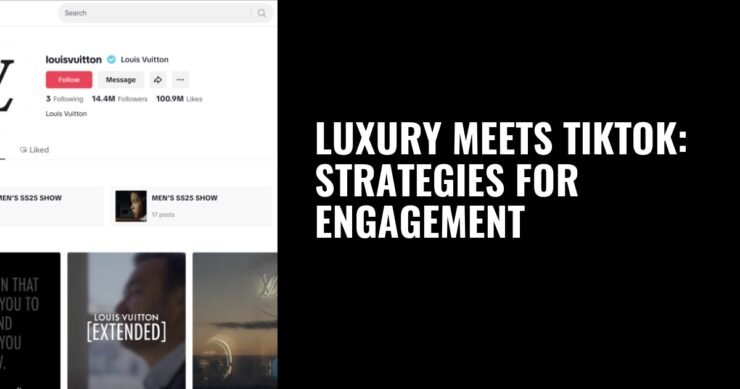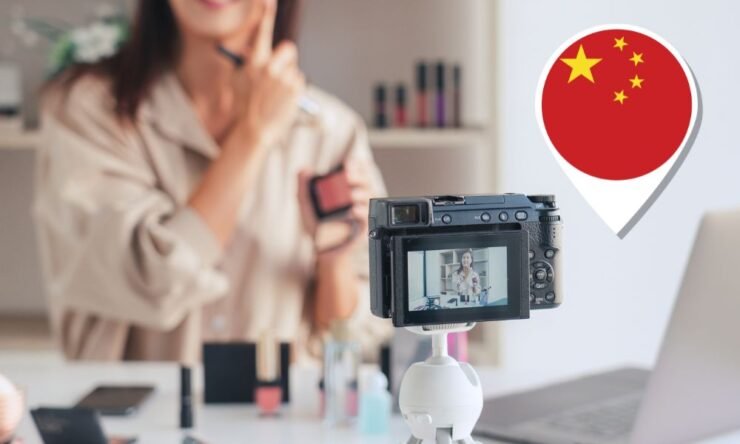Digital Luxury

To develop a successful e-commerce strategy, it is crucial to track key metrics to evaluate performance and facilitate growth. Essential metrics include sales figures like gross and net revenue, average order value, and customer lifetime value, which help gauge overall sales health. Customer behavior indicators such as customer acquisition cost and retention rates reveal marketing effectiveness. Additionally, metrics related to traffic, engagement, channel performance, and product efficacy provide deeper insights. Regularly analyzing these indicators enables businesses to identify trends, optimize marketing strategies, enhance customer satisfaction, and ultimately drive sales, ensuring sustained success and an improved online presence.

In the digital commerce landscape, customer acquisition is essential for growth. Effective e-commerce strategies encompass SEO, social media advertising, email marketing, content marketing, affiliate programs, PPC advertising, data analytics, and user experience optimization. SEO enhances visibility, while social media and email marketing foster engagement and retention. Content marketing builds brand authority, and affiliate marketing expands reach cost-effectively. PPC ads increase visibility, complemented by user data analytics for tailored experiences. Customer reviews bolster trust and support from live chat improves satisfaction. A comprehensive, multi-channel approach enhances brand loyalty and ensures successful conversions, driving sustainability in e-commerce.

TikTok has emerged as a potent marketing tool for luxury brands, allowing them to reach younger audiences through authentic, creative content. Brands like Gucci and Dior utilize influencer collaborations and viral trends to enhance brand visibility and engagement. TikTok redefines luxury marketing, blending exclusivity with accessibility in a digital-first landscape.

As technology advances and market dynamics evolve, luxury brands are compelled to adapt to an environment where e-commerce plays a crucial role. This comprehensive report explores the top-selling luxury brands online in 2024, providing a detailed analysis of their strategies, success factors, and the impact these have on their revenues. Updated figures and comparisons with previous years are included to better understand the evolution of this market segment.

Influencer marketing has emerged as an essential strategic tool for luxury brands seeking to consolidate and expand their presence in the Chinese market. This report provides a comprehensive analysis of the current state of influencer marketing in China’s luxury sector, emerging trends, challenges, and opportunities in this evolving market.
















































